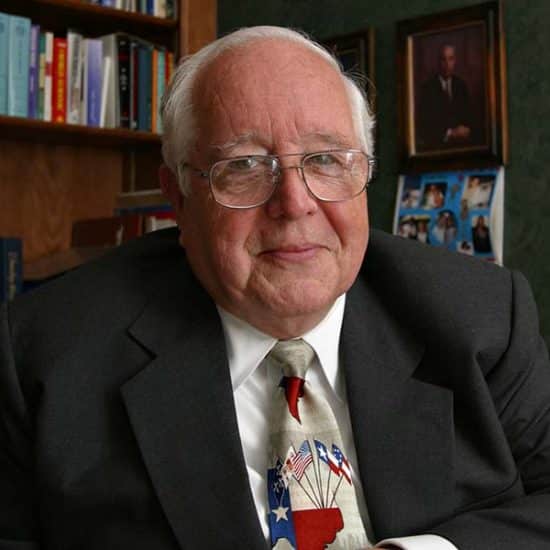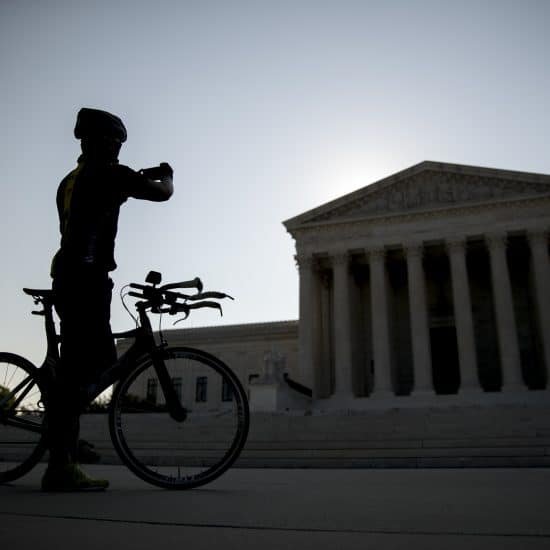By Vicki Brown
Word&Way Correspondent
JEFFERSON CITY — Both sides won a little and lost a little in the continuing five-year legal tangle between the Missouri Baptist Convention and five institutions.
Cole County Circuit Court Judge Richard Callahan released a formal order on Aug. 7, after hearing arguments on July 18 and Aug. 3. The order marks the latest round in the convention’s dispute with The Baptist Home, Windermere Baptist Conference Center, Missouri Baptist University, the Missouri Baptist Foundation and Word&Way.
In 2000 and 2001, institution trustees authorized charter changes to allow each entity to elect its own board members. Prior to the actions, messengers to the MBC’s annual meetings elected them through the convention’s nominating process. The convention filed a lawsuit on Aug. 13, 2002, to regain control of the five.
Judge Callahan ruled that the MBC has standing, or the legal right, to pursue legal action against the five institutions, but only for breach of contract. In its suit, the convention claimed entity trustees did not have the authority to change their charters and sought to force the institutions to rescind those changes.
The institutions countered that the MBC did not have standing to file the case at all, claiming that the convention is not a member of the corporations. They argued that under current Missouri law, only a director or corporate member of the entity or the state attorney general can file legal action against a not-for-profit organization.
In his ruling, Judge Callahan recognized that entity trustees had the power to change their respective charters. He also noted that “[b]ased upon statements of the Plaintiffs’ counsel,” the convention no longer challenges that power.
Because the plaintiffs have dropped that challenge, the judge ruled the entities’ defense based on standing as irrelevant.
The convention continues its legal action as a breach of contract. During arguments on July 18, convention attorney Charles Hatfield compared the MBC’s stand to a donor who gives a charity a gift with certain conditions attached. If the charity fails to honor those conditions, the contributor can demand his gift be returned. Or take the charity to court to get it.
Convention attorneys contend the MBC gave money and property to the five institutions as “gifts” in exchange for certain rights, including the right to elect trustees.
Although Judge Callahan’s decision secured the plaintiff’s right to sue, a ruling on the membership issue will determine the direction the MBC’s breach of contract claim will take. The judge will consider arguments on that issue on Aug. 24.
If the court determines the convention is a member of the institutions’ corporations, the MBC could claim vested rights, including the right to elect the entities’ trustees.
Prior to the Aug. 3 hearing, convention attorneys voluntarily dismissed its prima facie tort – intent to harm – claim against the institutions. The MBC reserved the right to file the count again later.
A prima facie tort can be filed when a party believes that a lawful action was taken for malicious reasons to intentionally hurt that party. The convention's tort claim requested that even if the court determines the five entities did have a legal right to change their charters, the court should rule in the MBC's favor anyway on the grounds that the changes were made because the trustees intended to harm the convention.
The voluntary dismissal removes a request in the lawsuit for actual and punitive damages related to the intent-to-harm claim.
Judge Thomas Brown, who presided over the case until he lost his bid for reelection last year, had struck the tort from the MBC’s fourth amended suit at an Aug. 7, 2006, hearing but later reversed that decision.






